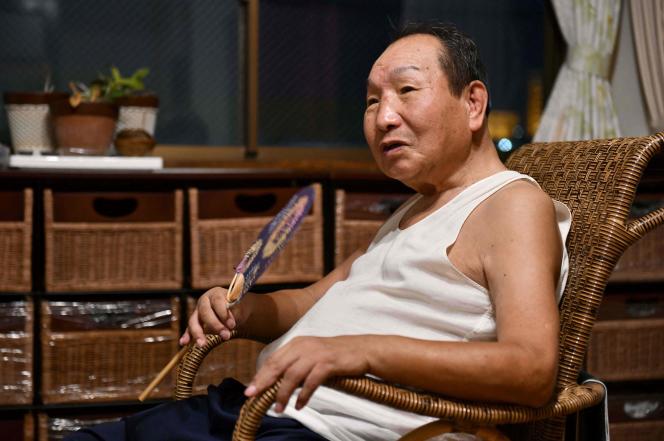Rare in Japan, the Yomiuri attacked the floor. In its editorial of Thursday July 13, the conservative daily criticized the decision of the prosecutor of Shizuoka (center) to plead guilty during the retrial granted to Iwao Hakamada, an ex-prisoner who spent forty-eight years on death row before being released in 2014: serious doubts taint the investigation that led to his death sentence. If they only think of “save face for the prosecution and maintain that the investigation was well conducted to wash away what they consider an affront, they will only discredit themselves with the public”writes this newspaper, rarely critical of Japanese justice.
The decision, announced on July 10 by the prosecutors, aroused a beautiful unanimity against it. The centre-left daily Mainichi called her a “Frankly incomprehensible” while lawyers and supporters of Mr. Hakamada judged her “scandalous”. “We don’t know what their goal is, to protect their institution or to save face”explained Hideyo Ogawa, one of the lawyers, before denouncing a “inadmissible act against the victims of false accusations”.
The review trial which is about to open will have to rule on the guilt of Iwao Hakamada for the murder, on June 30, 1966, of a family of four in Shizuoka. The victims were the manager of a miso (fermented soy) factory, his wife and their two children. They had been stabbed to death. The bodies were found in their burned house.
Doubts about the seriousness of the investigation
Former bartender, ex-professional boxer, Iwao Hakamada had worked in the company for several years. Divorced, he had a son. Arrested in August 1966, he was sentenced to death in 1968, a verdict definitively confirmed by the Supreme Court in 1980, after multiple procedures carried out on the basis of questionable elements. Iwao Hakamada had confessed, before retracting, explaining that he had been mistreated by the police. He had been interrogated 240 hours for twenty days, beaten, prevented from sleeping, drinking and going to the toilet.
Evidence of the crime was bloodstained clothing found over a year after the crime in a vat of miso. For investigators, they belonged to the former boxer. But they were too small for him. The persistence of doubts about the seriousness of the investigation, but also the determination of Hideko, the sister of Iwao Hakamada, supported by the Association of Professional Boxers and Amnesty Internationalled to his release in 2014.
You have 49.92% of this article left to read. The following is for subscribers only.
